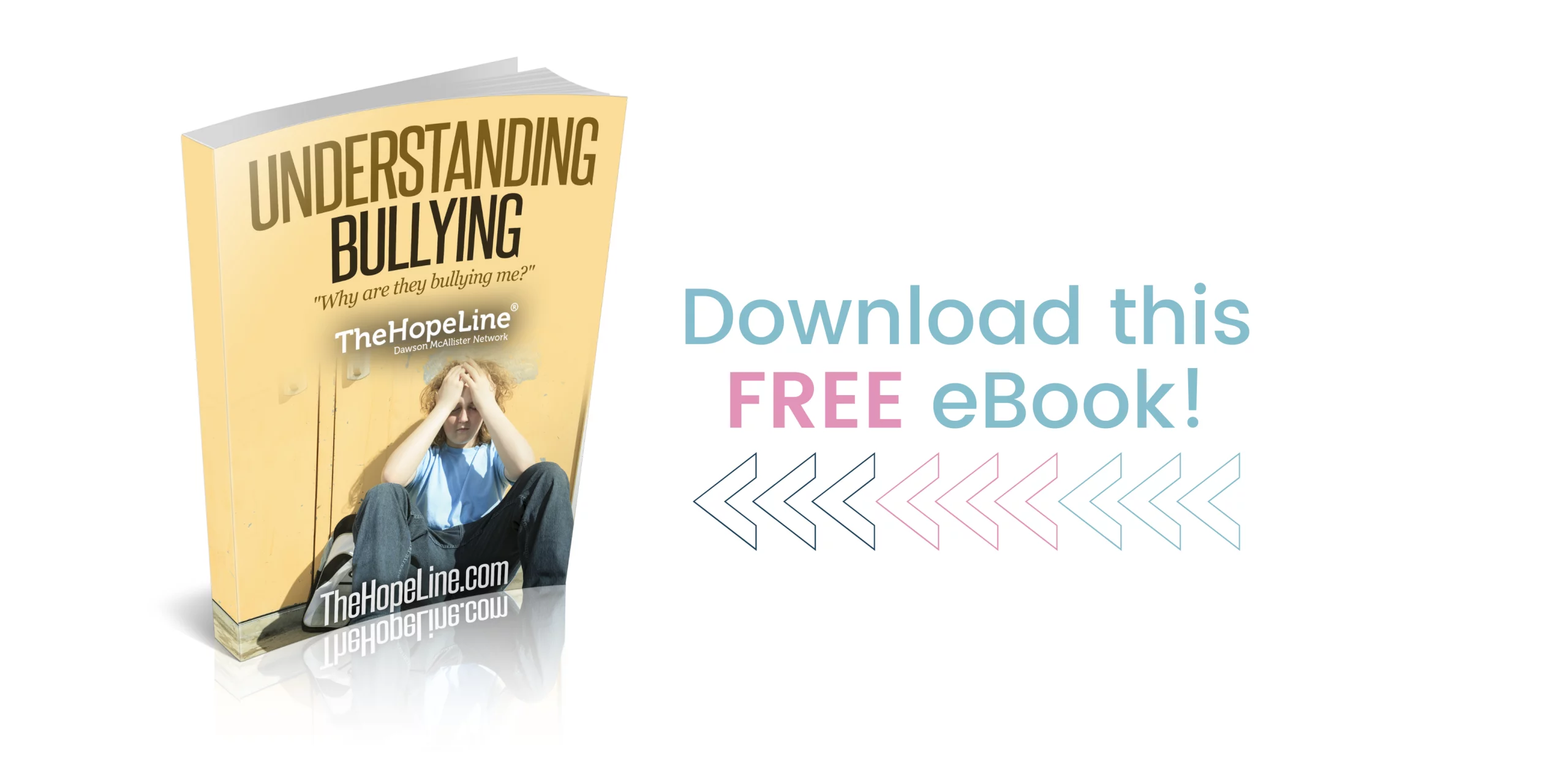It's all over the media...you've heard the tragic stories. Stories of teens and young adults ending their life after they've been bullied through social media sites. The consequences of cyber-bullying are very real. So, I ask myself, why does this keep happening?
We all know how damaging it is to spew hate across the internet, yet we continue to see it happen.
Let me ask you:
Have you read nasty comments directed toward how someone looks when they post a picture on Instagram?
Have you ever laughed along when you heard how someone pretended to have a crush on someone through text messaging, stringing them along until they deliver the crushing blow of ...Are you kidding me, no one could ever really like you?
Have you seen pictures of parties posted where someone was intentionally left out and then comments made about how they were so glad that person wasn't there and would never be invited?
Have you heard of a picture or video intended for one person suddenly going viral and ruining a reputation?
I don't need to give more examples. You've seen it, haven't you? You understand how it hurts, don't you? The pain and public humiliation that is inflicted through cyberbullying is as real as the emotional trauma experienced through real-life bullying. The biggest difference between the two is real-life bullying often ends when school ends, but there is no escape from cyberbullying.
And here's what really concerns me...most teens today base their value and their worth on how many likes, favorites, retweets, friends, followers that they have. But what I want you to know...these things DO NOT determine your value. Your value comes in who you are as a person. How you love and treat others. And most importantly your status as a child of God who loves you completely just the way you are.
Here are 13 Facts* demonstrating the prevalence of Cyberbullying:
- Nearly 43% of kids have been bullied online.
- 1 in 4 has had it happen more than once.
- 70% of students report seeing frequent bullying online.
- Over 80% of teens use a cell phone regularly, making it the most common medium for cyberbullying.
- 68% of teens agree that cyberbullying is a serious problem.
- 81% of young people think bullying online is easier to get away with than bullying in person.
- 90% of teens who have seen social-media bullying say they have ignored it.
- 84% have seen others tell cyber bullies to stop.
- Only 1 in 10 victims will inform a parent or trusted adult of their abuse.
- Girls are about twice as likely as boys to be victims and perpetrators of cyberbullying.
- About 58% of kids admit someone has said mean or hurtful things to them online.
- More than 4 out of 10 say it has happened more than once.
- About 75% have visited a website bashing another student.
*Stats from https://www.dosomething.org
What to do:
Bullies get their power from how their victim responds/reacts. Never respond to the cyberbully. Block the person who is cyberbullying you. They can't hurt you if they can't reach you.
Take Action Immediately. Often times, schools cannot help when it comes to cyberbullying because it's happening after hours and is out of their jurisdiction, but school authorities are not your only hope to stop the various types of bullying.
Keep the evidence of the cyberbullying (when it happened and what was said) and use this evidence to report the bully to the web & phone service providers. Cyberbullying often violates the terms and conditions of social media sites so ALWAYS report any abuse happening so they can take action against the user abusing their terms.
Cyberbullying that contains the following is a crime and should be reported to authorities: - Threatening violence - Pornography or sexually explicit messages/photos - Stalking & Hate crimes
Hey, we all know it's a problem. Let's speak up and put a stop to cyberbullying.
For more on cyberbullying, read this blog from our partner, Pacer National Bullying Prevention Center, How Cyberbullying Impacts Students.
For more information on bullying, here's a guide to understanding the types of bullying and cyberbullying and how to deal with it.




Yeah! Think this is very useful and works great for a paticular situation. Parental controls work great like https://www.mspy.com or norton.com At least, we can anticipate the problem